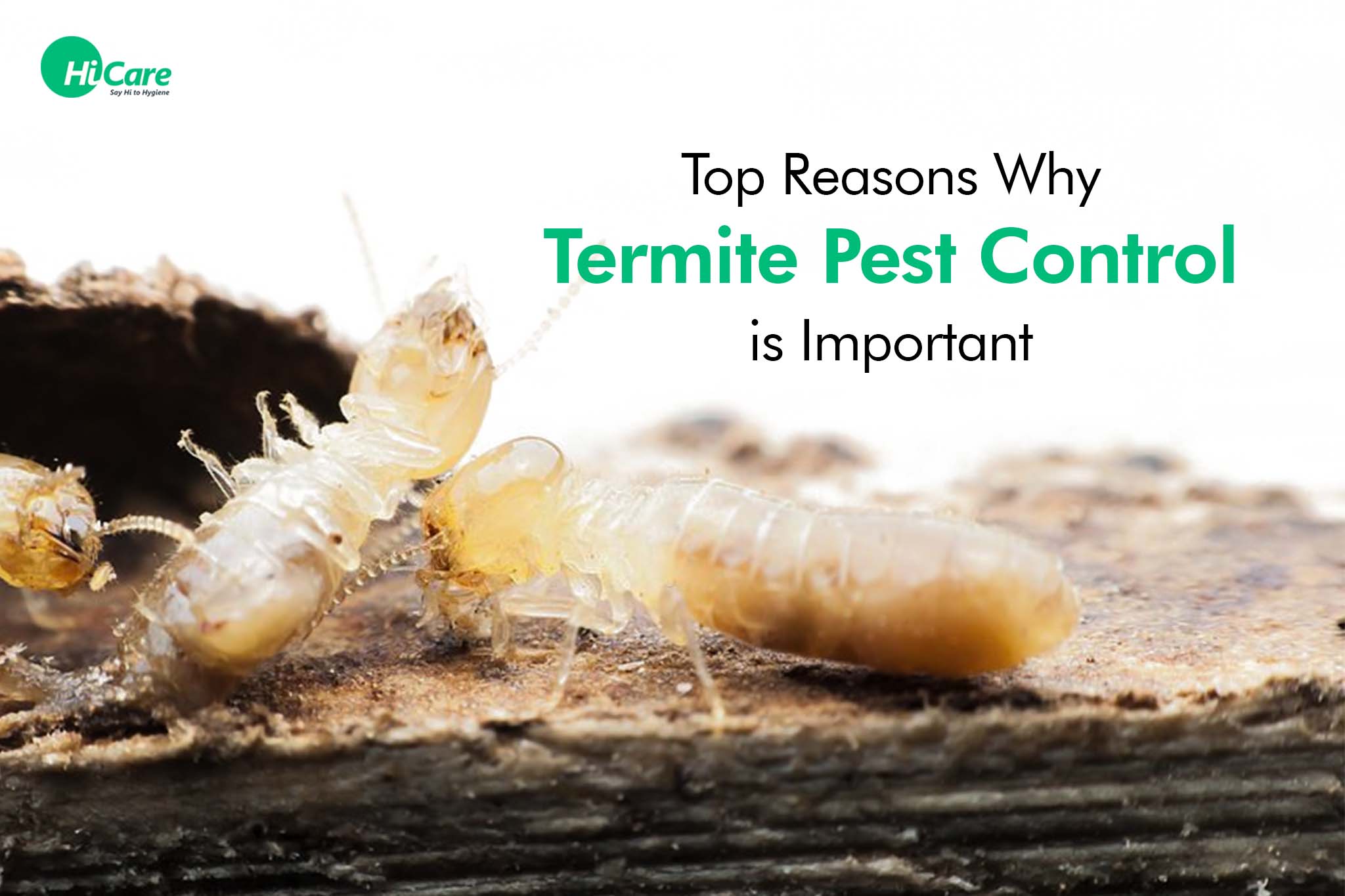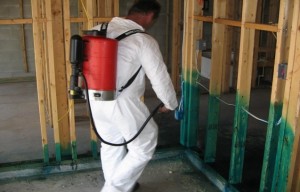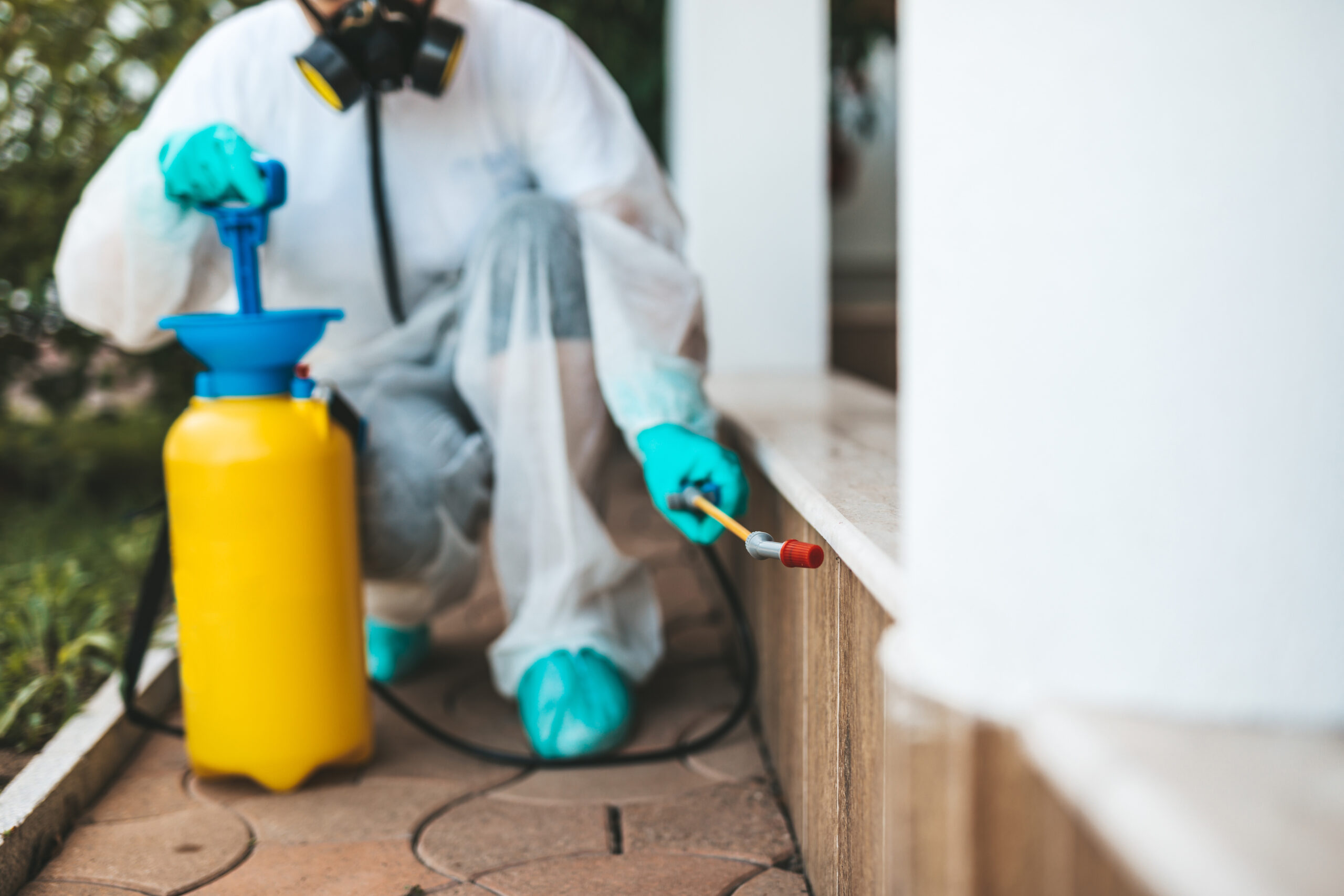Why Choose Our Termite Control Services: Specialist Solutions for Effective Defense
Why Choose Our Termite Control Services: Specialist Solutions for Effective Defense
Blog Article
Environmental Impact of Parasite Control: Harmonizing Efficiency With Sustainability
The environmental effect of pest control is an important problem that requires a fragile balance in between attaining efficiency in ensuring and managing bugs sustainability of our communities. As we make every effort to safeguard our plants, homes, and health and wellness from the risks postured by insects, the approaches we utilize can unintentionally hurt the atmosphere. From the use of damaging chemicals that seep right into our soil and water to the unplanned effects on non-target species, the effects of conventional parasite control methods are significant. There are arising approaches that use hope for a more lasting approach to pest management. These services not only purpose to deal with the instant parasite problems yet also take into consideration the long-term health of our planet.
Unsafe Chemicals in Pest Control
The usage of dangerous chemicals in parasite control postures considerable environmental and wellness risks that call for cautious factor to consider and reduction methods. Chemicals, herbicides, and pesticides are frequently utilized to get rid of parasites, yet their widespread application can lead to unintentional consequences. These chemicals can infect dirt, water resources, and the air, impacting not only the targeted parasites yet likewise valuable pests, wildlife, and humans.

To attend to these risks, integrated insect administration (IPM) methods are being promoted as a much more lasting choice. IPM includes a combination of techniques such as organic control, habitat adjustment, and the targeted use pesticides as a last hotel (ant control springs nc). By taking on an all natural strategy to pest control, we can decrease the environmental and health impacts connected with unsafe chemicals while properly handling pest populaces
Effect On Non-Target Species
Taking into consideration the unexpected repercussions of pest control approaches, the influence on non-target species is a crucial facet that calls for detailed analysis. While bug control steps intend to target specific bugs, other microorganisms in the environment may be accidentally impacted. Non-target varieties, including advantageous insects, birds, animals, and also plants, can experience straight or indirect injury from chemical applications or organic control methods.
Chemicals can have sub-lethal or dangerous effects on non-target varieties. As an example, pesticides developed to battle a particular bug bug might harm pollinators like or all-natural killers such as ladybugs. In addition, chemical deposits can accumulate in the setting, affecting non-target microorganisms gradually. Organic control representatives, if not species-specific, can posture threats to unintentional targets, interrupting the ecological balance.
To minimize the influence on non-target types, incorporated insect management (IPM) approaches that emphasize an all natural technique to pest control are suggested. These approaches prioritize the usage of eco-friendly practices, reducing damage to valuable organisms while efficiently handling pest populations. Performing extensive danger analyses and monitoring the results of parasite control initiatives are necessary action in protecting non-target species and advertising total environment health and wellness.
Soil and Water Contamination
Unintended ecological effects of pest control approaches prolong beyond impacting non-target varieties, with significant implications for dirt and water contamination. Chemicals, herbicides, and chemical fertilizers made use of in insect control can seep right into the dirt and contaminate groundwater, positioning a threat to both aquatic and terrestrial ecological communities. Dirt contamination can interrupt the balance of microorganisms important for vitamins and mineral cycling and plant growth, causing lowered soil fertility and productivity. These chemicals can linger in the environment for extensive periods, collecting in the dirt and possibly entering the food chain.
Water contamination is another crucial problem linked with bug control methods. To reduce dirt and water contamination from parasite control activities, incorporated bug administration strategies that prioritize sustainability and decrease chemical inputs are vital.
Air Air Pollution From Pesticide Use
Direct exposure to airborne chemicals during agricultural applications presents a substantial concern for air pollution control procedures. In addition, chemical drift, where pesticides are lugged by the wind to unintended locations, can lead to the contamination of neighboring ecosystems and water bodies.

Approaches for Sustainable Parasite Control
In the world of agricultural methods, implementing sustainable parasite control approaches is extremely important for maintaining environmental equilibrium and safeguarding crop returns. Sustainable parasite control highlights using ecologically friendly methods to manage bug populaces properly while reducing website link damage to non-target organisms and environments. Integrated Bug Monitoring (IPM) is a commonly taken on approach that integrates biological, cultural, physical, and chemical control techniques to accomplish long-lasting pest management options.
One secret approach in sustainable pest control is promoting biodiversity within agroecosystems. By improving natural enemies of insects, such as parasitoids and predators, farmers can minimize the demand for synthetic chemicals. Plant rotation and diversity are additionally effective techniques to disrupt pest life cycles and create much less positive conditions for insects to thrive. Furthermore, utilizing pest-resistant crop selections and employing techniques like trap cropping can help lower pest stress without relying greatly on chemical treatments. Eventually, by incorporating these sustainable parasite control methods, farmers can accomplish an equilibrium in between pest administration effectiveness and environmental stewardship.
Conclusion
Finally, the ecological influence of pest control methods need to be meticulously taken into consideration to balance efficiency with sustainability. Unsafe chemicals utilized in insect control can lead to soil and water contamination, air pollution, and harm non-target types - ant control services. It is essential to apply lasting parasite control strategies to reduce these negative impacts on the atmosphere and promote a healthier ecological community for future generations
By adopting an alternative approach to pest control, we can reduce the environmental and wellness influences connected with hazardous chemicals while effectively handling pest populaces.

To reduce the air pollution caused by chemical usage, it is important to adopt integrated bug management methods that focus on the usage of non-chemical pest control techniques, such as plant turning, all-natural predators, and resistant plant ranges. Lasting bug control highlights the usage of environmentally pleasant techniques to take care of insect populaces efficiently while decreasing damage to non-target microorganisms and communities. Integrated Parasite Management (IPM) is a widely taken on approach that integrates biological, cultural, physical, and chemical control approaches to achieve lasting insect monitoring solutions.
Report this page